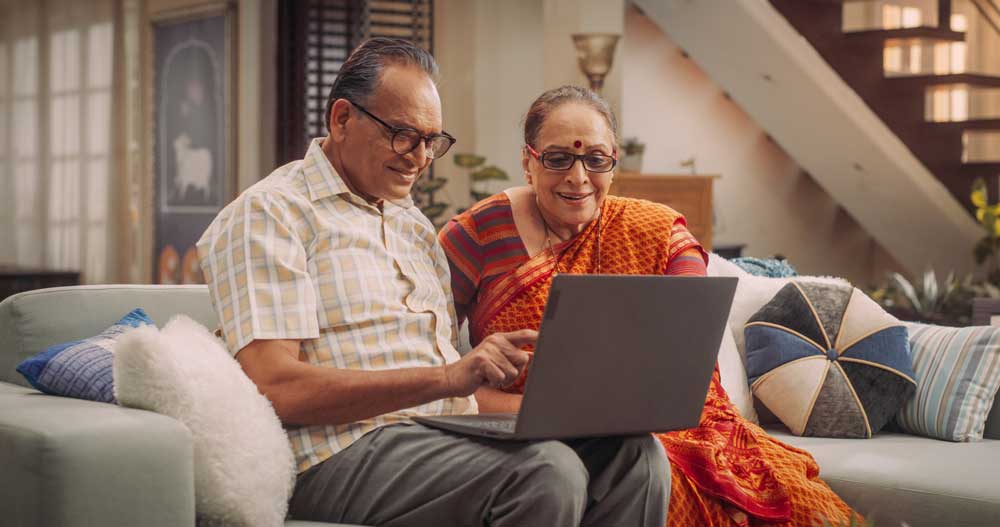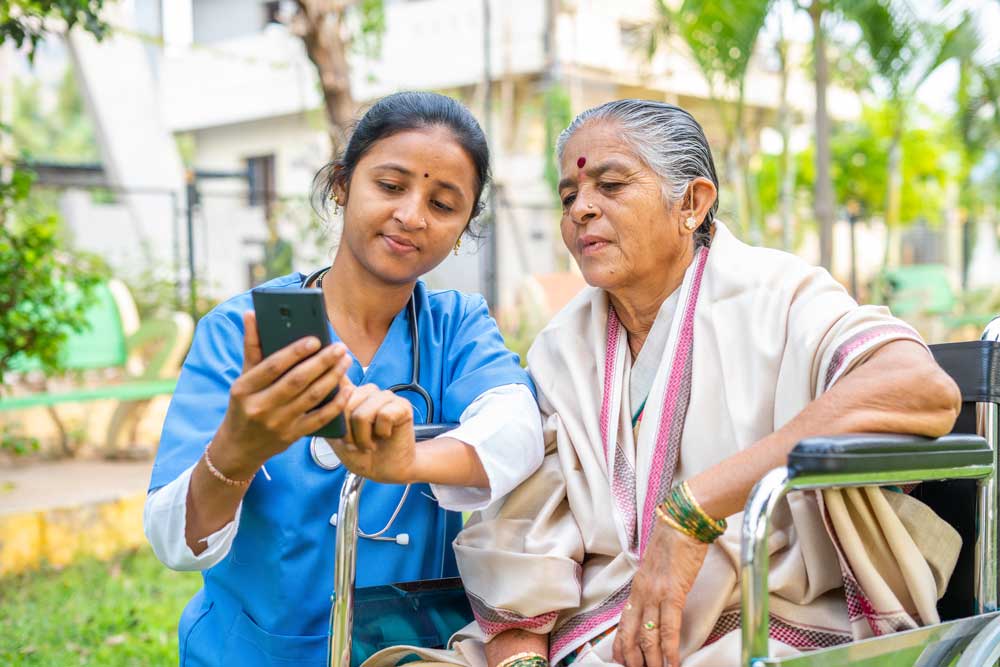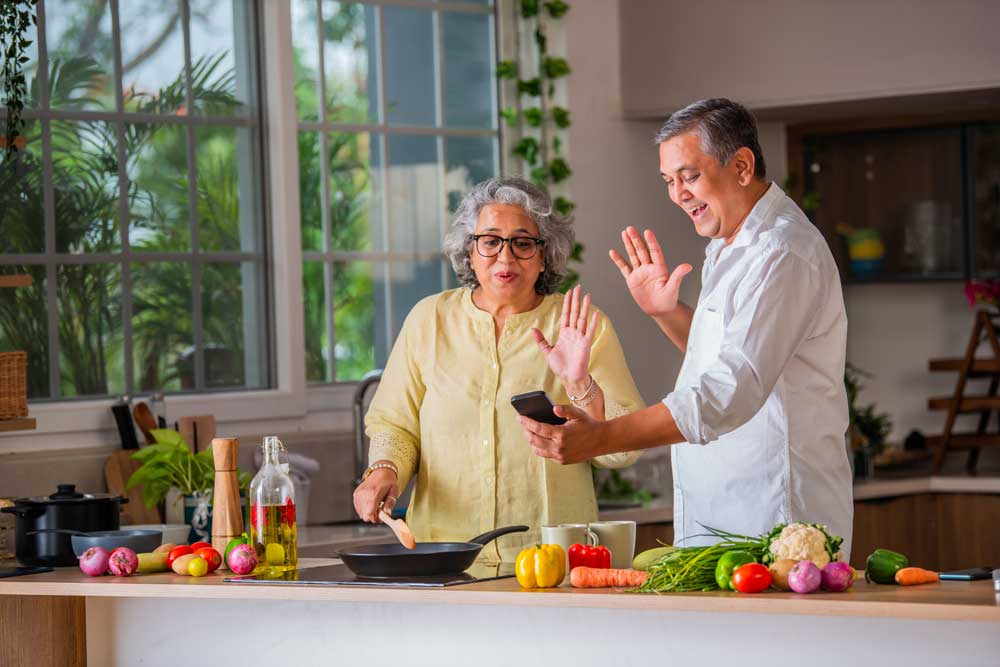Helping your grandparents stay safe online doesn’t have to be complicated. Use simple explanations, real-life examples, and offer hands-on help when needed. This International Day for the Elderly, take time to ensure your grandparents feel confident and secure using their smartphones and the internet. With more seniors using smartphones and apps, it's important they understand how to protect themselves digitally. Here are simple tips to teach digital safety to your grandparents.

Create Strong Passwords
Explain to your grandparents that passwords are like locks on their front door—each one should be strong and different. Help them create secure passwords with a mix of letters, numbers, and symbols, like “Nani2024!”. Encourage them not to use easy-to-guess passwords like “12345” or their birth date.
For additional security, set up two-factor authentication (2FA) on apps like WhatsApp or their banking app. Tell them it’s like adding an extra lock on the door—more security for their online accounts.
Beware of Scams and Frauds
India sees a lot of online scams, especially targeting seniors. Explain phishing as when people try to trick them into giving personal details. Compare it to someone pretending to be from the bank or asking for Aadhaar information over the phone.
Teach them to never click on links in strange messages or share their OTP with anyone—even if the message seems urgent.
Set Up Privacy on Social Media
Help your grandparents adjust privacy settings on apps like Facebook and WhatsApp. Show them how to limit who can see their posts and status updates. Compare it to deciding who gets invited into their home—it keeps their personal details private.
Safe Browsing Tips
Many elderly people in India love using YouTube and Google. Explain how to identify safe websites by looking for the padlock icon next to the web address. A locked padlock means the site is secure, just like a locked door means their home is safe.
Also, install an ad blocker to reduce the chance of clicking on unsafe ads or pop-ups.

Introduce Helpful Apps
Apps like Paytm, PhonePe, and Google Pay are commonly used for payments. Teach them how to use these apps securely—never share their PIN or UPI ID. Recommend a password manager app like Dashlane or LastPass to help them remember passwords safely.
For video calls, show them how to safely use apps like WhatsApp and Google Meet to connect with family. Remind them to only accept calls from known contacts.

Use Simple Analogies
To make digital safety easier to understand, use simple comparisons. For example, explain that data encryption is like sending a letter in a locked box—only the person with the key can open it.
Keep Devices Updated
Help them understand that updating their phone or apps is like getting their regular health check-ups—it protects them from new problems. Turn on automatic updates for apps and the operating system, so they don’t have to worry about it.